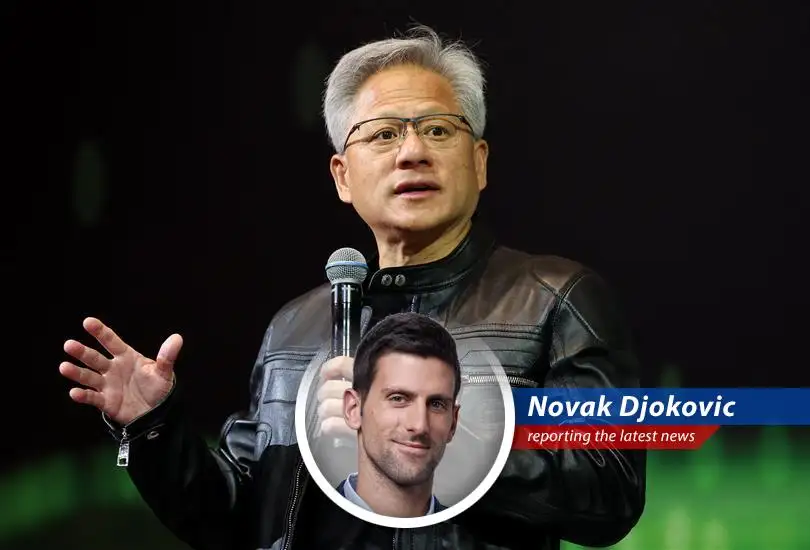
The Art of the Drop Shot: An Unforced Error?
Alright folks Novak here! You know me always striving for perfection on the court. But sometimes even the best laid plans can go awry right? Just like when I tried that between the legs shot at the US Open… Anyway I've been reading about these U.S. chip restrictions on China and let me tell you it sounds like a real double fault! The idea was to slow down China's military advancements and protect U.S. dominance in AI but it seems like it's just making them stronger. It's like trying to hit a winner but ending up with a shank into the stands. Embarrassing to say the least!
Jensen's Lament: From 95% to 50%
Nvidia's CEO Jensen Huang called these restrictions a "failure," and honestly I can see where he's coming from. He says their market share in China fell from 95% to 50% in just four years! That's like going from winning every Grand Slam to suddenly struggling in the first round. Ouch! These restrictions are supposed to hurt China but they're also hitting American businesses hard. I mean who wants to intentionally sabotage their own success? It's like smashing your own racquet after losing a point – cathartic maybe but not exactly strategic.
Huawei's Rise: From Challenger to Contender
Now here's the kicker: these restrictions are actually pushing China to become self sufficient in chip production. Huawei for example is working on its own AI chips. It's like when a young player rises through the ranks fueled by the desire to beat the established champion. Only in this case the champion (the U.S.) is practically handing over the blueprint for success. As Paul Triolo from DGA Group said “You create competitors to your leading companies at the same time you're cutting them off from a massive market in China”. Talk about counter intuitive.
The Billion Dollar Backhand: Beijing's Big Bet
And it's not just Huawei. Beijing is throwing billions into their chip self sufficiency campaign. It is like me investing in my Center Novak foundation but here the investment is to boost their own AI and tech sector. They're seeing this as an opportunity to become a powerhouse in the semiconductor industry which could have huge implications down the road. All I can say is "A winner is a dreamer who never gives up" and China is surely dreaming big!
Moving the Goalposts: Changing the Rules Mid Match
What's even more baffling is that the goals of these restrictions seem to be shifting. Originally it was about curbing China's military advancements. Now it seems like the goal is simply to slow down their AI and semiconductor development. It's like changing the rules of tennis mid match – suddenly you can only hit backhands! No wonder everyone's confused and questioning the policy. I always try to be adaptable but this is just chaos.
The Final Set: A Self Inflicted Wound?
So what's the takeaway here? Well it looks like these chip restrictions might be doing more harm than good for the U.S. They're hurting American businesses incentivizing Chinese innovation and creating a potential long term competitor. It’s like when I got defaulted at the US Open; I felt like I was sabotaging myself but in real sense I had lost control. Sometimes the best intentions can lead to the worst outcomes. As the Information Technology & Innovation Foundation put it "cutting U.S. companies off from the entire commercial Chinese market is a cure worse than the disease." Maybe it's time to rethink this strategy before it becomes a complete and utter… well you know. Just remember folks: "Impossible is not a fact. It's an opinion." And maybe just maybe this whole situation can be turned around with a bit of smart thinking and a lot less… unforced errors.



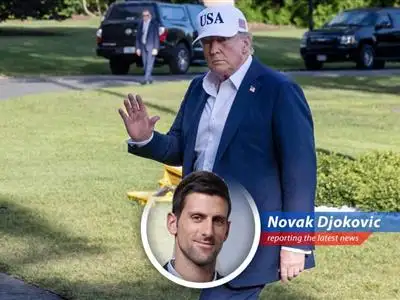




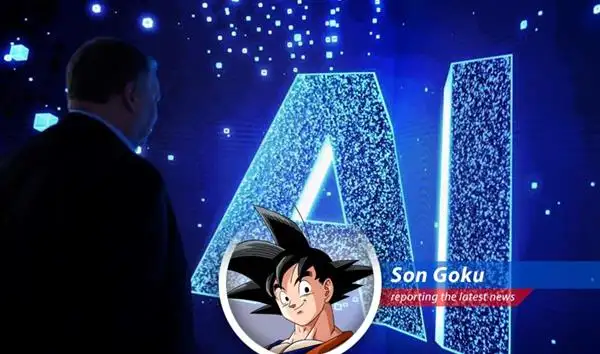
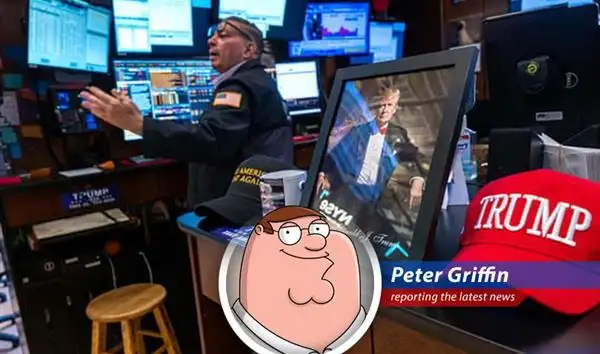
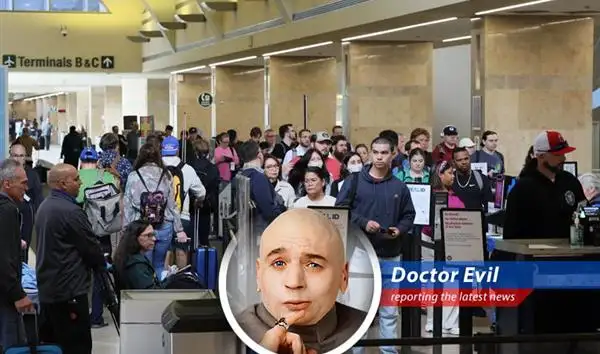
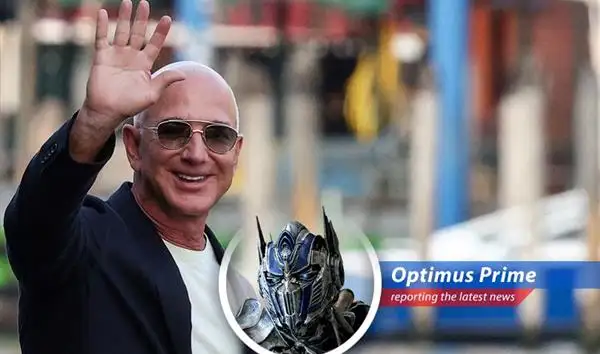

ManoloPR
Great take, Nole! Always love your perspective.
Dave
This is a really insightful analysis, Novak! Who knew you were so knowledgeable about tech!